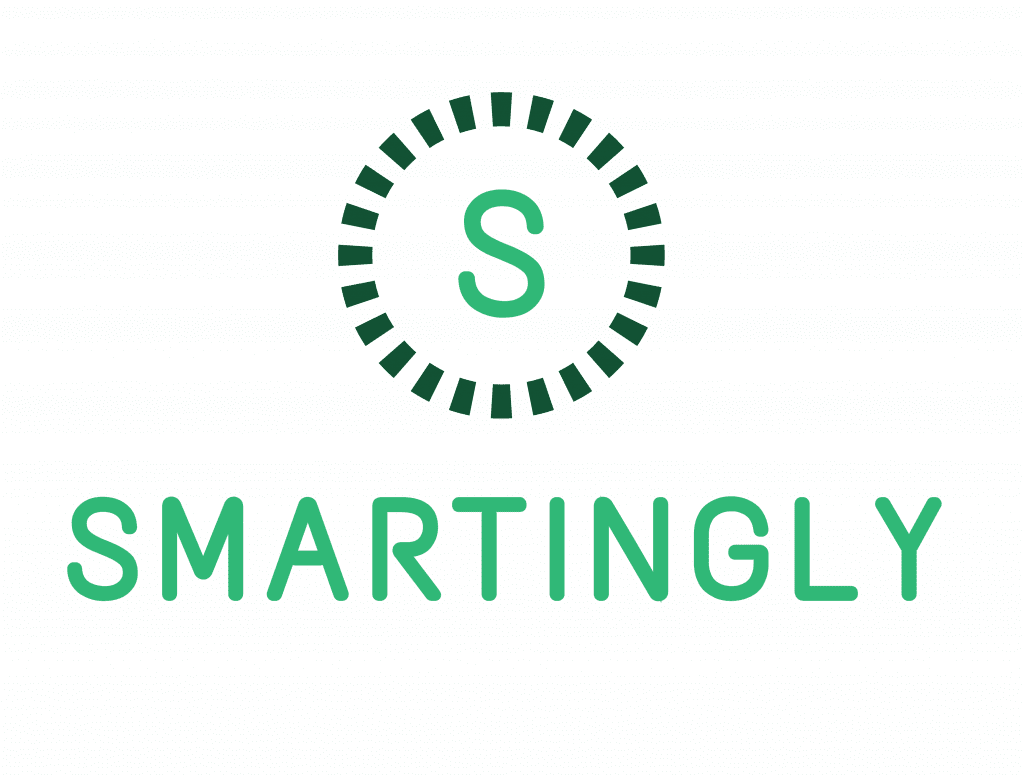
stevepb / Pixabay: Savings accounts for a better health experience
Many don’t know that a Health Savings Account or HSA lets you save tax-free money. The funds can be used to pay out-of-pocket health expenses, and it helps that there is no deadline imposed to use it up.
How to Get an HSA?

Amnaj Khetsamtip/Shutterstock: Procedure of getting an HSA
The single-most essential eligibility criteria for HSAs is that you need to possess a high-deductible health insurance plan. Qualifying for Medicare nullifies your HSA eligibility. You also cannot be listed as a dependent on a third party’s tax return.
The high-deductible threshold set by the IRS is a minimum of $1,400 per individual. Still, it’s important to keep in mind that only some health plans are HSA-eligible.
How Do They Work?
You can only pay health expenses with your HSA, and it cannot be used for things like insurance premiums. The ceiling for out-of-pocket medical costs in 2020 is $6,900 per insured individual.
It’s possible to decide on a yearly contribution based on your income and regulations set by the IRS.
What Happens if the HSA Holder Dies?
You can assign a beneficiary of choice at the time of sign-up. If it’s your spouse, they will receive the money tax-free, but any other heir would have to pay the tax amount on the account value.
Advantages of Health Savings Account

Sven Mieke/Unsplash: Life after getting a health savings account
- HSAs are not subject to federal income taxes and aren’t listed in your gross annual income.
- The contributions are tax-deductible.
- Earned interest is also tax-free.
- You’re not the only one who can contribute to the account. Your employer, friends, and family members can do too!
- It’s portable, so even if you change the insurance company or employer, you’d still have access to the account.
- HSA spending covers everything from birth control pills to eyeglasses.
- Since there are no time limits to spend the funds, you can simply go on saving this money orinvesting it in smart ways.
Disadvantages of Health Savings Account
- If you use it for anything other than qualified medical expenses, expect to pay hefty penalties on both the money and the tax.
- You may be charged for account or transaction fees that are hidden. It’s best to ask your provider for a fee list when comparing your options.
How to Invest HSA Funds?

stevepb/Pixabay: Balancing your savings accounts
If you can afford it, contributing the maximum IRS allowed individual contribution of $3,550 per annum would reap great benefits later on. The good news is it can be an investment at the same time.
Through stocks, bonds, or relatively safer low-yielding funds, you can grow the HSA balance, which would be a blessing after retirement.
So find a good plan with minimum costs and profitable investment options. Your retired-self will definitely thank you later!




